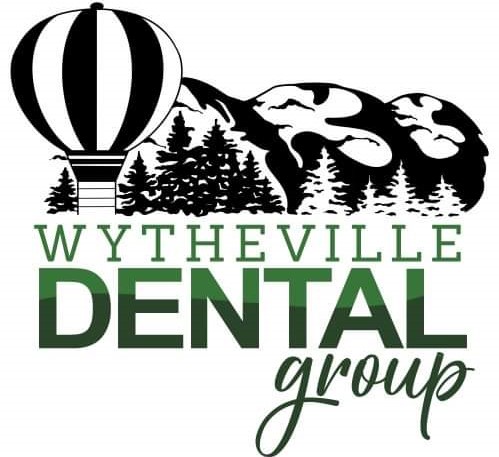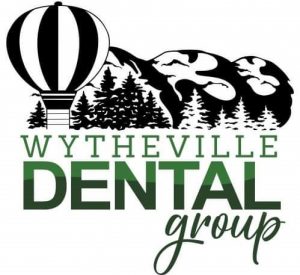Periodontal Disease
Periodontal Disease
Periodontal disease, also known as gum disease, is one that affects your mouth. It occurs when the tissues that hold your teeth together become inflamed and infected. This disease can greatly impact your overall health, which is why it’s imperative to catch it sooner rather than later. One health risk associated with periodontal disease is cardiovascular disease. If you suffer from gum disease, it could eventually affect your cardiovascular health. As a result, it’s essential to monitor your gum health, as it could clearly affect other areas of your health.
Symptoms
If you suffer from any of the following symptoms, you should consult with your dentist immediately.
- bad breath, or halitosis
- red or swollen gums
- tender or bleeding gums
- painful chewing
- loose adult teeth
- sensitive teeth
- receding gums
- longer appearing teeth
Treatment
Treatment differs based on the individual’s case and the severity of it. Since gum disease is an infection, the main goal is to control it like you would any other infection. You can incorporate these habits to help treat gum disease; brushing twice daily, flossing regularly, rinsing with fluoride, visiting the dentist, and quit smoking if necessary. More extreme cases require different treatment. A more in-depth treatment option includes scaling and root planing. This is a deep-cleaning non-surgical procedure that is done under local anesthetic. Plaque and tartar from above and below the gum line are scaled away and made smooth. More serious treatments can include flap surgery, pocket reduction surgery, bone grafts, soft tissue grafts, guided tissue regeneration, and bone surgery.
To learn more about Periodontal disease, contact Wytheville Dental Group. If you feel you are suffering from gum disease, we can help. Contact us online here today to schedule an appointment!


